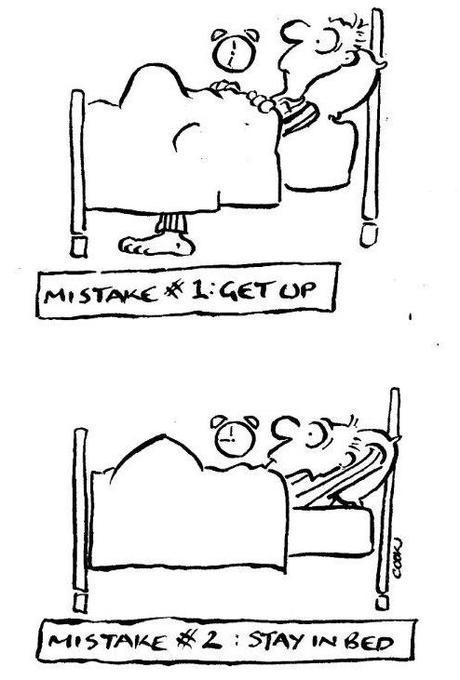
 Smart Vs dumb.
Smart Vs dumb.
I’ve made some great decisions but also plenty that weren’t so great. What’s the difference between them?
Try this. Write down ten decisions, five smart, five dumb. They can be about anything, business, sport, personal. Then look for some common threads. Years ago, I did this on the back of a napkin.
This is what I found.
With smart ones, I knew what I was doing, was good at doing it, and sought help where I knew I needed it. Dumb ones were the opposite. I didn’t really know what I was doing, wasn’t good at it and was so afraid people would discover my lack of expertise I didn’t ask for advice.

As a financial services professional, I was a good at analysis, strategy, transactions and broking. But I was a hopeless trader. Yet when parachuted into a role that included overseeing trading, I failed to defer to people who knew better. The bonus pool was destroyed in weeks. For an investment banker, not a good look.
 For a better look.
For a better look.

Best results – for everyone, not just me – came when I accepted my limitations, applied my strengths and delegated the other stuff to people who were good at the other stuff. These days I agree with that longstanding notion: the art of management is the art of delegation.
Managers don’t manage products or processes themselves. They manage the people who do. Delegation can be anything, from letting your PA manage your diary to hiring someone who can do a lot of important things better than you. If you don’t delegate, bad things will happen. Here’s ten. You will:
- Lose the respect of your colleagues; nothing will be done on time.
- Fail to develop the capabilities of your team and your firm. No one shines, including you.
- Find you simply don’t have time to do your own job.
- Spend very little time doing the things you are good at.
- Lose customers.
- Get fewer new ones.
- Become mired in stress and frustration.
- Be overtaken on the management ladder.
- Lose your confidence.
- Lose your job, maybe your business.
Not great outcomes. The opposite does the opposite. Allowing others to shine lifts both you and them. It will free you to focus on key strategies. You’ll have time to build customer relationships. Your promotion prospects will rise. The firm will be more competitive and its value will climb. Your decisions will be smarter.
 There is an art to delegation.
There is an art to delegation.

It does not mean dumping your responsibilities on someone else. You are still in charge; you are still responsible. But it’s not that hard to do properly. For a quick guide on how to delegate, click here and read Three Steps to Avoid Micromanaging.
In the meantime, get comfortable with one idea: you are not brilliant at everything. Then grab a napkin and see if you can be brilliant at delegating.

